|
Advertisement
|
Archipelago

DescriptionPlayers: 2-4 players, ages 6 and up Playing time: 15-30 minutes Materials: A "hexhex" board, i.e. a hexagonal shaped board composed of hexagonal cells (various sizes are possible; 6-8 cells per side is recommended); and playing pieces in two to four colors. (To play all permutations of player numbers and board sizes would require approximately 75 pieces in one color, 75 pieces in a second color, 50 pieces in a third color, and 40 pieces in a fourth color.) Basic idea: In Archipelago, players try to create more islands (i.e. groups of two or more adjacent pieces) than opponents create. RULESA group ("island") is a connected set of two or more same-colored stones. (Thus, single stones do not count as a group.) Each player is the owner of one color of stone. A group in a given color will count toward its color-owner's score, regardless of whether the color-owner or an opponent created that group. Players are allowed two stone placements per turn, with one exception: the first player plays just one stone on his/her very first turn. A player’s two stones can be ANY color (i.e. on your turn, you needn't play any of your own color of stones if you don't wish to; you can play any set of colors or any mix of colors in a single turn). Additionally, a player is permitted to play an extra stone (of any color of his/her choice) for every opponent who is strictly ahead of him/her in the current group score; each player's "group score" = the number of distinct groups currently on the board in his/her color. When the board is full, or when all players have consecutively passed their turns, the game ends. The player with the most groups wins. In case of a tie, the winner is the tied player with the highest bonus score total. (Bonus scores are awarded on the game's scoring track; arriving earlier than one's opponents to a new group score grants one a higher bonus.) For games with 3-4 players, the following "Frozen Irrelevance" rule is recommended: o Frozen Irrelevance: When the board arrangement is such that a player's current rank (e.g. 1st, 2nd, or 3rd) is unalterable by any further play from any player, then that player's rank has assumed its final form, and he/she is "frozen" from further play. That is, he/she takes no further part in the game, and the game play continues on with just the non-frozen players. For a complete set of rules and examples turns, see the Files section of this webpage. Game DiscussionsAdd CommentYou need to be logged in to comment. Insert Bullet List Please enter at least one item. Item: Item: Item: Item: Item: Insert Numeric List Please enter at least one item. Item: Item: Item: Item: Item: Insert Link Please enter the link of the website Optionally you can add display text Insert Email Please enter the email address Optionally add any display text Insert Image Please enter the link of the image Insert YouTube Video Please enter the link of the video MarketplaceNo listings at the moment. Do you own this game? Click here to list it for sale.
|
Best Sellers
Board Games
|
||||
Latest Searches: risk llord of the rings | Smokies poly | littlesy pet shop | mouse ap | Uniforms | choose therapy game | heavy | Roanoke Rapids onoply | cart | Tock | Watch yo mouth | games by rivers west | my fair lady | Sale of the century | San jose | mario monopoly power pack | unio | love letter | faith the sci-fi rpg | mage knight play mat | Simin | Catan dice | Bemidji-opoly | Monopoly hrvatska | 80s | scattergories bible edition game | sesame street grover | Think Fun Rover | Dominio triple pack | America says
All Rights Reserved


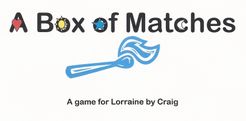
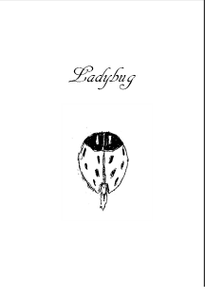
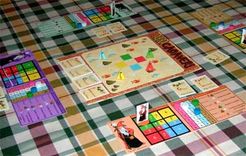

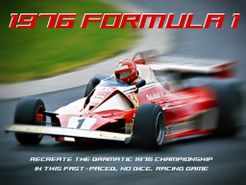
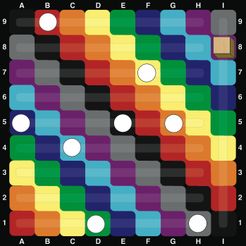
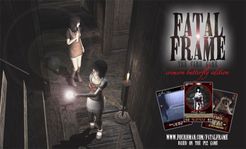
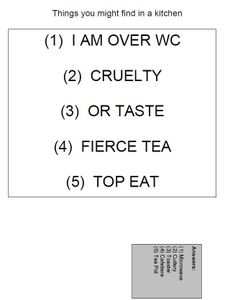
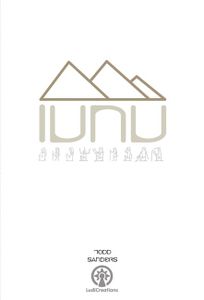
Comments (0)